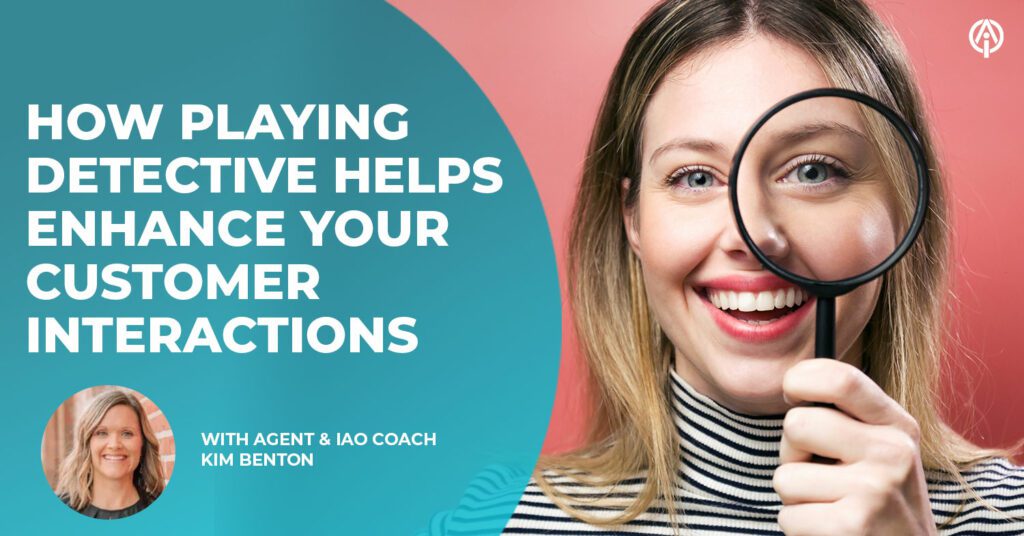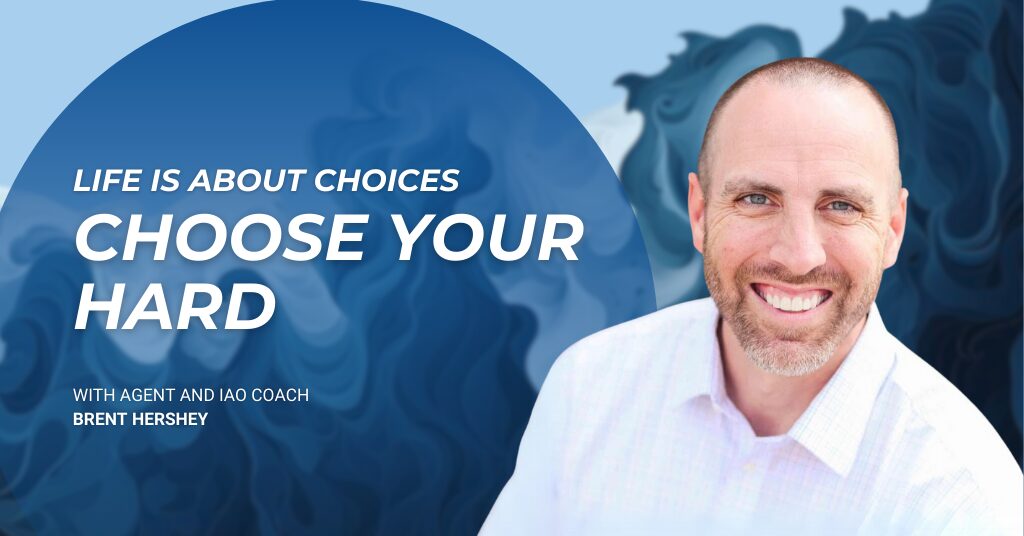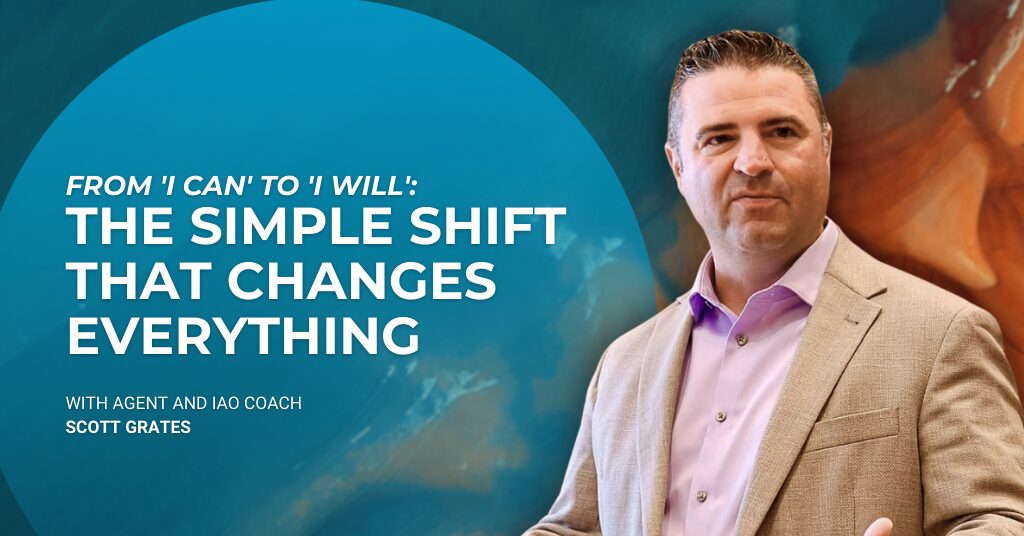With Kim Benton, Agent and Insurance Agency Optimization Coach
Length: 4:10
In this blog, Agent Kim Benton talks about your opportunity to play detective in the quoting process and how it’s a game-changer for your success as an insurance professional.
LISTEN NOW

TRANSCRIPT
Hi, this is Agent Kim Benton. In this insurance sales training episode, I’ll be talking about an aspect of the multi-line sales process that is often overlooked: doing detective work.
It’s most likely that none of us dreamed of becoming an insurance agent as a child. Maybe some of you wanted to be a detective. Well, now we have the opportunity to be that detective in our jobs.
So why is playing detective so important and how can it enhance your interactions with prospects?
The first thing playing detective does is helps you build a connection. As a professional risk advisor, your job extends beyond simply reading questions on a screen. To truly excel, we have to deepen the conversation by asking insightful questions about the customer or prospect’s life.
For example, before diving into the year, make, and model of a vehicle, take the time to get to know them personally and inquire about their interests, profession, marital status, and family situation. Establishing a connection with customers sets the foundation for trust and enables you to gather valuable information that can shape their coverage needs.
Taking that connection a step further is the power of rapport.
When you build rapport with a client, they may not even realize the wealth of information you’re gathering. Each detail becomes ammunition for tailoring the right insurance protection for them. By understanding their hobbies, financial priorities, and family dynamics, you can identify their unique needs and then provide targeted recommendations.
For example, if you learn that they have three young children, you can reinforce the importance of life insurance or suggest higher liability limits. Knowing more about your customers than simply what’s on the screen helps you to go above and beyond handing out generic quotes.
If you’re not accustomed to engaging in personal conversations with clients, consider adopting the tried and true old-school F.O.R.M. conversation technique.
This technique involves discussing their Family, Occupation, Recreation, and Spending Habits (Money). Naturally, you’ll need to be tactful when discussing finances, but these topics often open the door for customers to share more about themselves.
Most individuals enjoy talking about their loved ones, hobbies, and interests, which allows you to establish a stronger relationship.
For example, you can simply say, “What do you and your family like to do for fun in your spare time?” Ultimately, this technique helps you tailor coverage and improve your chances of closing a sale.
Engaging customers in deeper conversation not only builds or strengthens a relationship, but it reveals vital information. Some clients may be forthcoming and eager to share details while others might be more guarded or even withhold critical information. As you ask more questions, you can uncover potential risks or discrepancies such as undisclosed drivers, hidden owners, or undisclosed marital statuses. Being thorough allows you to assess the risks involved and decide if it makes good business sense to take them on as a client.
It’s a win-win situation for you and the agency. Embracing your role as a detective in the quoting process is a game changer for your success as an insurance professional. By going beyond the surface-level questions and establishing a genuine connection with customers, you gain insights that help tailor their coverage to their unique circumstances, whether it’s through casual conversations or employing the form technique, each interaction presents an opportunity to deepen relationships, identify needs, and close more sales.
So my friends start asking those questions.




